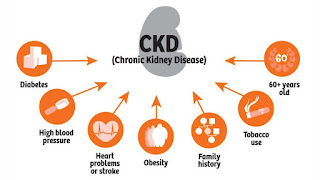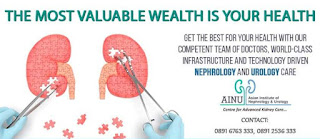why no shave November is celebrated | what is movember
What is Movember?
Every November, a band of perfectly ordinary men take on the brave task of Movember: growing a moustache for charity in a bid to raise awareness about men’s health – prostate cancer, testicular cancer and mental health issues such as depression. The Movember Foundation is the only global charity focused solely on men’s health. The Foundation raises funds to deliver innovative, breakthrough research and support programs that enable men to live happier, healthier, and longer lives. Awareness and fundraising activities are run year-round by the Foundation, with the annual Movember campaign being globally recognized for its fun, disruptive approach to fundraising and getting men to take action for their health. During Movember, men are challenged to grow a moustache, and men and women can be physically active and move or host a fundraising event. Not only do these commitments raise vital funds, they also generate powerful and often life-changing conversations
But where did Movember begin?
It started in Melbourne, Australia 10 years ago, when a group of friends decided to revive an old-fashioned trend – the moustache. 30 guys took part just to see what would happen, and when they realised how much fun it was, they started raising money the next year, starting by raising awareness for prostate cancer.
Facts
- Movember is about real men growing real moustaches and talking about real issues.
- The Moustache is a ribbon for men’s health. Movember’s vision is to have an everlasting impact on the face of men’s health.
- Mo Bros sporting upper lip hair effectively become walking talking billboards for the 30 days of Movember raising funds and much-needed awareness around the often ignored issues of men’s health.
- Mo Bros start the month clean-shaven, then grow and groom their moustache all month long.
Importance of Movember:
What is prostate cancer?
Age
- Older a man, the more likely he is to be diagnosed with prostate cancer.
Family History
- A man with a father or brother who developed prostate cancer is twice as likely to develop the disease.
Ethnicity
- Increased occurrence in black African and Afro-Caribbean males.
Symptoms
- A need to urinate frequently, especially at night
- Difficulty starting urination or holding back urine
- Weak or interrupted flow of urine Painful or burning urination
- Difficulty in having an erection Painful ejaculation
- Blood in urine or semen
- Frequent pain or stiffness in the lower back, hips, or upper thighs
What is testicular cancer?
Who’s at risk?
- Young men between the age of 15-40 years.
- Men with a family history such as a brother or father diagnosed with testicular cancer.
- Men who have had a previous occurrence of testicular cancer.
- Men who have undescended testes at birth.




Comments
Post a Comment